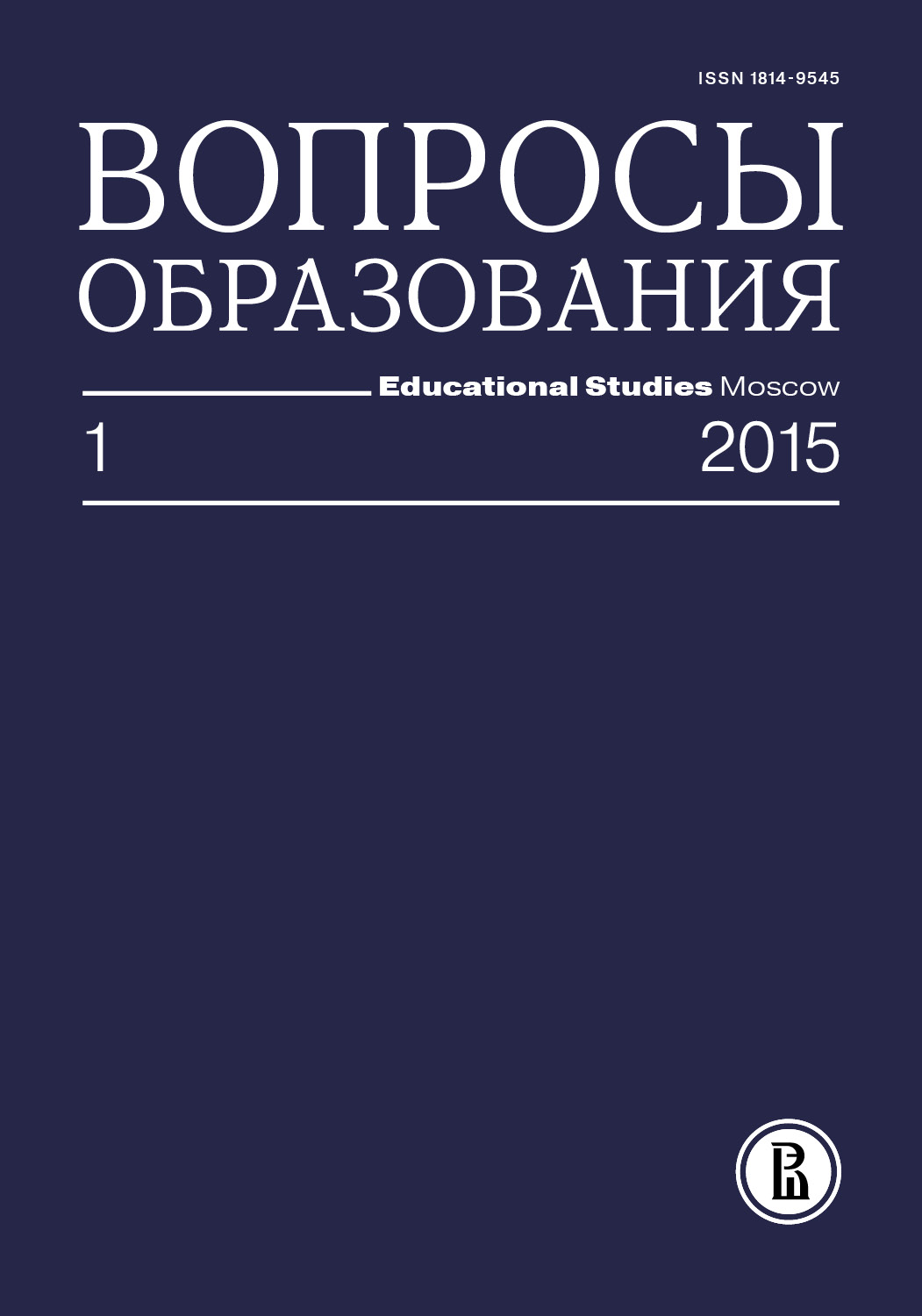“The Lack of Lesson Objectives Leads to the Lack of Progressive Ideas in Teaching History”. Habitus and Discourse of People Employed in Local Education Authorities of the Early 1950s
Abstract
This paper analyzes the specific features of habitus and speech practices of education authority employees of the late Stalinist era. These people are often “invisible” for researchers who traditionally focus on teachers and students. Meanwhile, it’s inspectors and administrators of local education authorities, developers of teaching methods, professors of advanced training institutes, and party functionaries supervising educational policy issues who mastered and produced discourses that were not just a basis for statutory records: their speech practices were translated to the school, constructing the professional worldview of teachers. The study uses materials of the audit carried out in 1949–1950 by Molotov (Perm) regional education authority at the initiative of the regional committee. The auditors were interested in how two ideology-forming school subjects, History and Constitution of the Soviet Union, were taught. We also investigate into the ways of using political language in professional teaching environments and reconstruct the mechanisms of school teacher performance assessment and the practices that molded the habitus of a teaching expert in the education system.









